Saudi-led coalition prevent exchange of over 2,000 prisoners despite UN-brokered deal: official
The head of the National Committee for Prisoner Affairs has said that the Saudi-led coalition and its mercenaries have obstructed the implementation of exchanging more than 2,000 prisoners despite a United Nations-mediated swap agreement.
The issue involving prisoners swap has faced an almost “complete stalemate” at the local and international levels since the beginning of the UN-brokered truce earlier in the year, Yemen's Arabic-language al-Masirah television quoted Abdul Qader al-Murtada as saying on Sunday.
"Although we signed an agreement with the parties of the forces of aggression and their mercenaries in March this year, stipulating that an exchange of more than 2,200 prisoners from both sides should take place, Saudi-led coalition and its mercenaries prevented its execution,” the senior Yemeni official added.
Murtada said that the coalition had thwarted all efforts made by the United Nations to make the agreement a success, the last of which was a round of negotiations a month ago in the Jordanian capital, Amman, but the talks fell through due to their failure to implement what had been agreed upon.
The senior Yemeni official stated that in addition to their failure to implement the UN agreement, the coalition had also halted all locally agreed exchanges.
He added that the prisoner affairs committee had assured the United Nations of its readiness to implement the agreement in full and rejected any selectivity in the agreement.
Yemen’s National Salvation Government announced on March 27 that a prisoner exchange deal was agreed between the warring parties under which 1,400 prisoners from the Yemeni army and popular committees would be released in return for 823 from the other side, including 16 Saudis and three Sudanese.
Saudis violate truce again, carry out more airstrikes
The Saudi-led coalition forces and their mercenaries were reported to have violated the UN-brokered nationwide truce in the war-ravaged Yemen for 161 times over the past 24 hours.
Yemen's al-Masirah cited an unnamed Yemeni military official as saying that the violations included flight operations with spy drones and warplanes over the provinces of Ma’rib, Ta’izz, Hajjah, Jawf, Sa’ada, al-Hudaydah, al-Bayda and border areas.
The source said the US-Saudi mercenaries also committed breaches by firing on the homes of citizens and the sites of the Yemeni Army and the Popular Committees in the stated areas, which resulted in the death of a civilian in al-Bayda.
The UN-brokered truce between the aggressor coalition and Yemen's popular resistance Houthi Ansarullah movement first came into effect in April. The truce has since been extended twice.
The United Nations’ special envoy for Yemen, Hans Grundberg, said that the extension, running from August 2 to October 2, included a commitment from the parties to intensify negotiations to reach an expanded truce agreement as soon as possible.
Yemen has, however, reported many violations of the truce by the Saudi-led forces since then.
Saudi Arabia and the United Arab Emirates — the closest allies of the US in the region after the Israeli regime — have been waging the war on Yemen since March 2015.
The invasion has been seeking to change Yemen’s ruling structure in favor of the impoverished country’s former Riyadh- and Washington-friendly rulers and crush the popular Ansarullah resistance movement. The Saudi-led coalition has failed to meet any of its objectives.
The war, which has been enjoying unstinting arms, logistical, and political support on the part of the United States, has killed tens of thousands of Yemenis and turned the entire country into the scene of the world’s worst humanitarian crisis.
Yemen’s defense forces, which feature the country’s army and its allied Popular Committees, have, however, vowed not to lay down their arms until the country’s complete liberation from the scourge of the aggression.
Ansarullah mourns Leader's martyrdom as 'great loss' caused by 'most wretched terrorists'
Hezbollah offers condolences to Iranian nation over Leader’s martyrdom
US-Israeli strike targets IRIB facility; broadcasts continue
IRGC: Latest waves of Op. True Promise 4 led to tanker strikes, base shutdowns, heavy casualties
CENTCOM confirms US troops killed in Iran’s retaliatory strikes
China ‘strongly condemns’ US-Israeli assassination of Iran’s Leader
Iran sees no limits in defending itself after Leader's ‘dangerous’ assassination: FM
IRGC strikes USS Abraham Lincoln aircraft carrier with volley of ballistic missiles


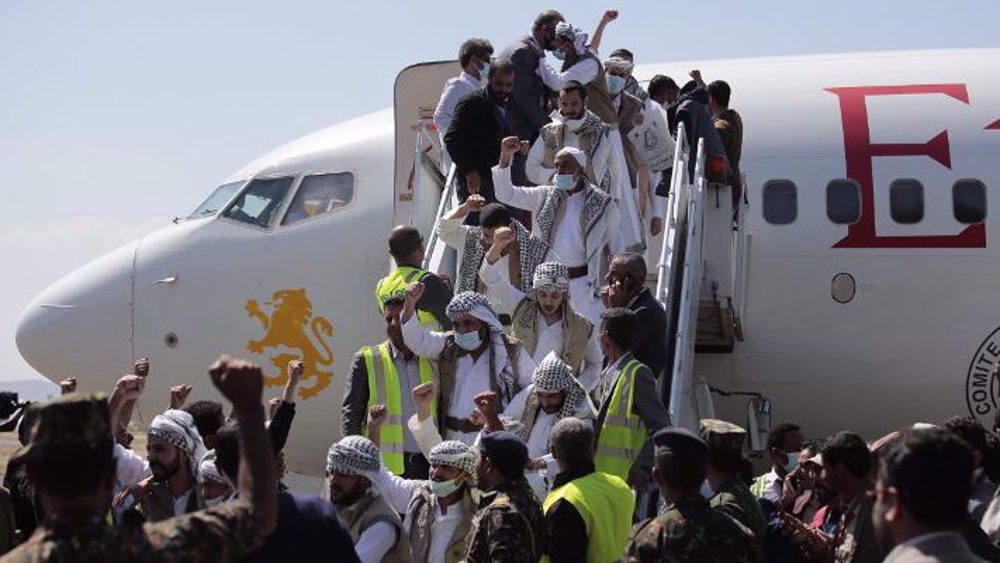
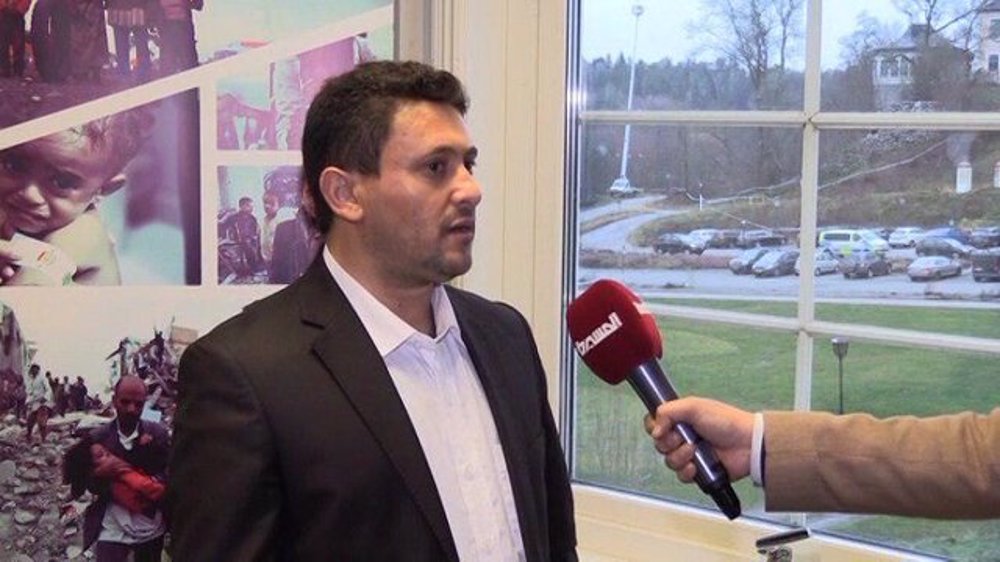
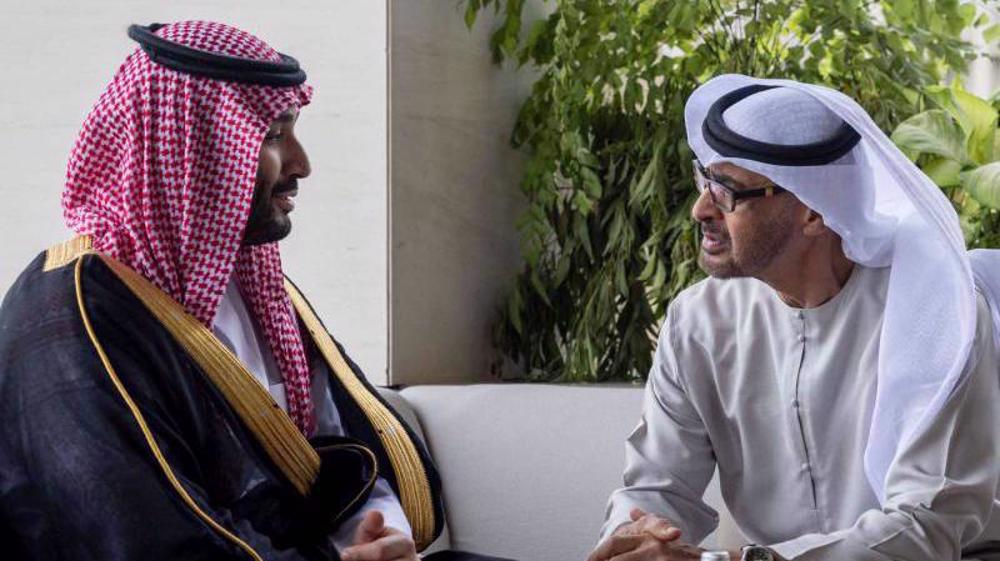
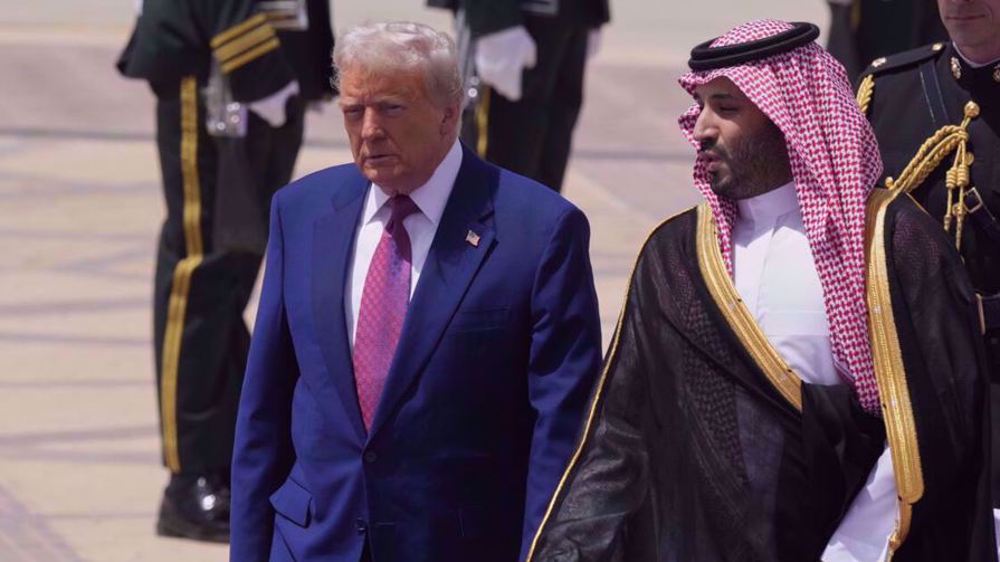
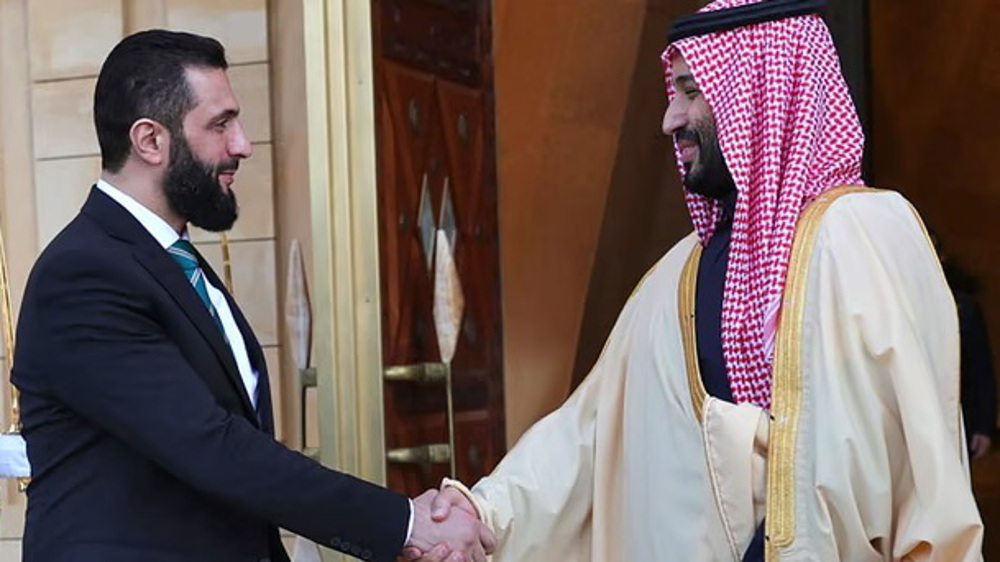




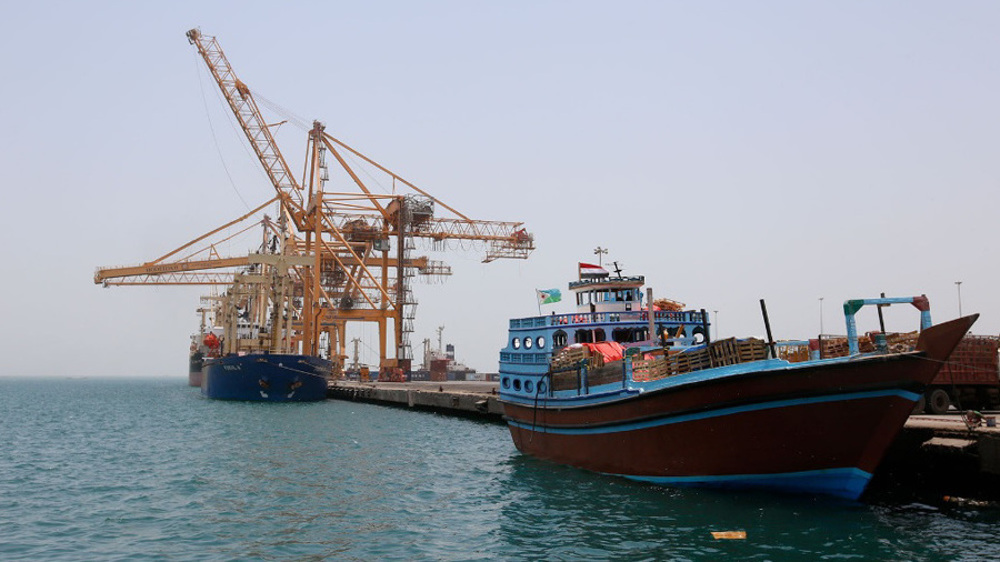
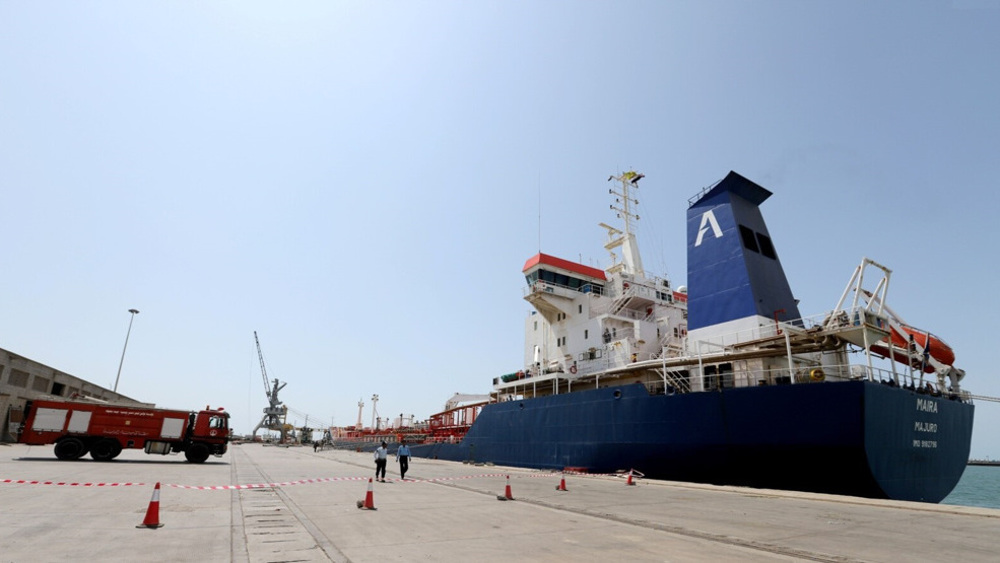
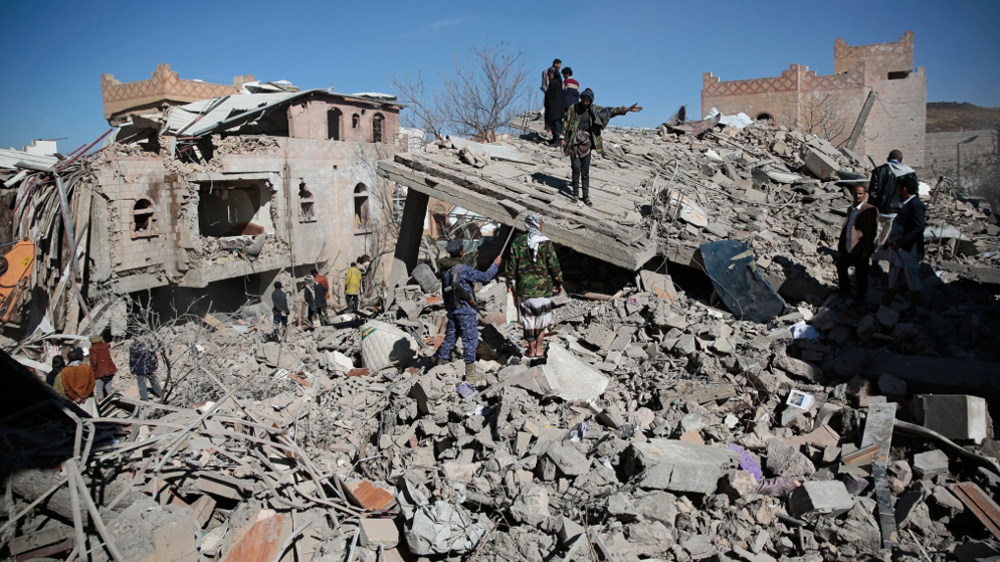

 This makes it easy to access the Press TV website
This makes it easy to access the Press TV website